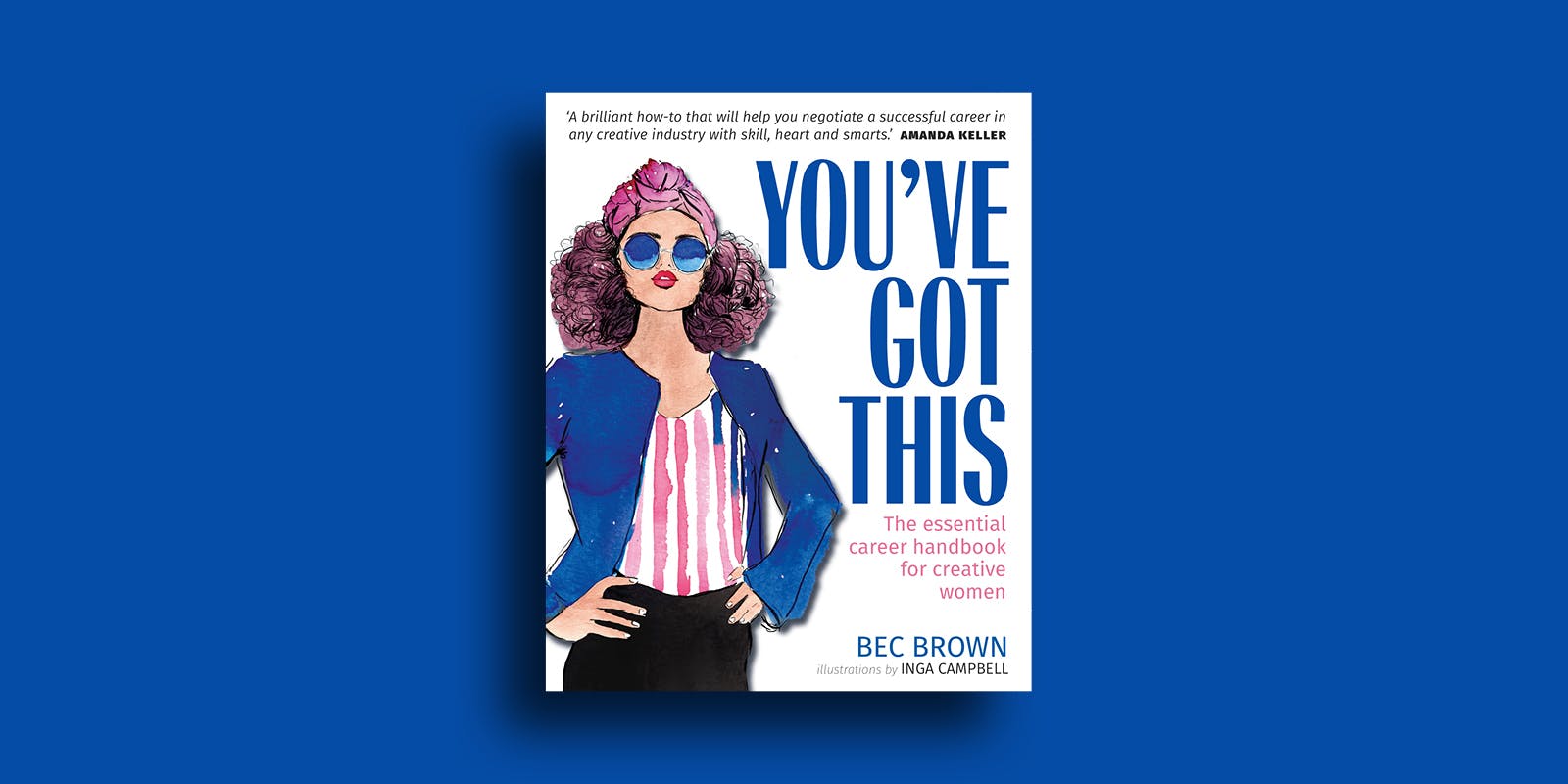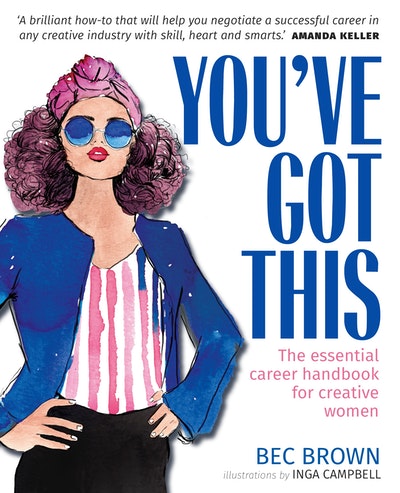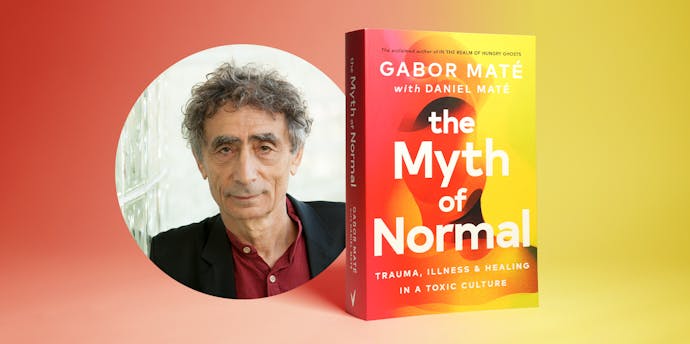Notebooks ready! From You’ve Got This, Bec Brown runs an exercise in evaluating what matters most.
Why do values matter?
Once you know what you value and see as important, you will be able to decide how to act.
Your values give you clarity and focus and they’ll help you improve in the areas of your life most important to you.
There are so many different roads you can take, so many places you can travel to. But life is short – we only have a limited amount of time to explore, play, work and wander.
Many people dream of seeing and doing many things, while others only want to see a little but to see it very deeply and in great detail.
So imagine that as you move through life, everything around you is misty and shadowy. It’s hard to see.
This is where your values come in. Like a bright light, they allow you to see a path ahead and to know which direction to move towards. And each step in this direction takes you closer to the very best life that you can choose for yourself.
This suddenly makes decision-making so simple and freeing – it’s easy to decide how to act if you know what your values are.
How to choose your values:
Turn to your notebook and ask yourself two questions:
What is the most important thing to me in life?
What do I really want to achieve in my life?
Now just start writing. Think of this as a brainstorming session – there are no right or wrong answers. Be as detailed or as brief as you like.
Things you might list include: having a successful career, being in love, being healthy, having lots of money, exploring and going on adventures, having a family, being respected, having freedom and flexibility, feeling strong, being resourceful, spending time in nature, having fun, living in a big city, helping others, feeling secure, continuously learning, being happy, looking beautiful, fairness and justice.
This list could go on and on, but think honestly about your answers and whether they are truly important to you – no-one else, just you. There may be things you feel you should value, because of influence from family, friends or society, but I’d suggest not writing these down, because they’re not intrinsic or authentic to you. If you try to live up to other people’s values at the expense of your own, you won’t be happy in the long run. If, for example, you really care about your family’s or friends’ opinions, this may mean that having great relationships is critical to you. So this is a value you could list instead.
Once you have come up with 10–20 things, shorten each one to one word – for example, being healthy would be ‘health’, having a successful career – whatever that might look like to you – would be ‘success’, having lots of money would be ‘wealth’ and having a family would simply be ‘family’.
The next step is to prioritise your values.
Read through all your chosen values and pick out the most important one. To make this easier, ask yourself, ‘If I could only have one of these things, would would it be?’
Then do this again with the answers that are left, until you have your second, third and fourth most important values, and so on.
By prioritising your values, you’ll be able to rely on them when you need to make an important decision. If your health is the most important thing to you, it will be easier to say no to anything that takes you away from good health.
As an example, here are my current top ten values:
1. Health
2. Compassionate connection
3. Learning
4. Excellence
5. Freedom
6. Adventures
7. Kindness
8. Success
9. Contentment
10. Wealth.
It’s important to note that my values have shifted slightly over the past year and are completely different to what they were ten years ago.
Five years ago, ‘success’ and ‘wealth’ were much higher on my list . . . and ten years ago, they were at the very top.
Where ‘excellence’ is, ‘perfection’ used to be. I learnt the hard way that perfection is an unachievable goal and that striving for it only made me disappointed and unhappy. But striving for excellence gives just as brilliant a result (and it’s something you can actually achieve).
Where ‘health’ is now, ‘beauty’ was ten years ago. I’m the first to admit that I used to be pretty shallow and insecure; I would rather have been traditionally ‘beautiful’ – which at the time was to be thin, with clear, glowing skin and perfect hair, makeup, nails and clothes – than healthy. A lot of angst – eating disorders, anxiety and depression – taught me that this is a really dangerous and disempowering value to have. Now it’s health all the way (and, ironically, since putting health first I’ve never felt more beautiful).
And this is the really exciting part about your values: they will change over time – whether subtly or drastically.
You may start out basing your values on those your parents taught you (or in complete opposition to these), but, later in life, decide that these values aren’t for you.
Over time we each discover what works best for us, as we go through different stages of our lives and our experiences change us. And you get to decide what works best for you. You have no obligation to remain the same person – you can evolve however you choose.
So grab your diary and make a note to reassess your values in six months’ time, and six months after that.
These values will be a guiding light to you, especially when you need to make decisions, whether big or small. Simply ask yourself if the choice you’re about to make upholds or compromises your values, then act accordingly.













